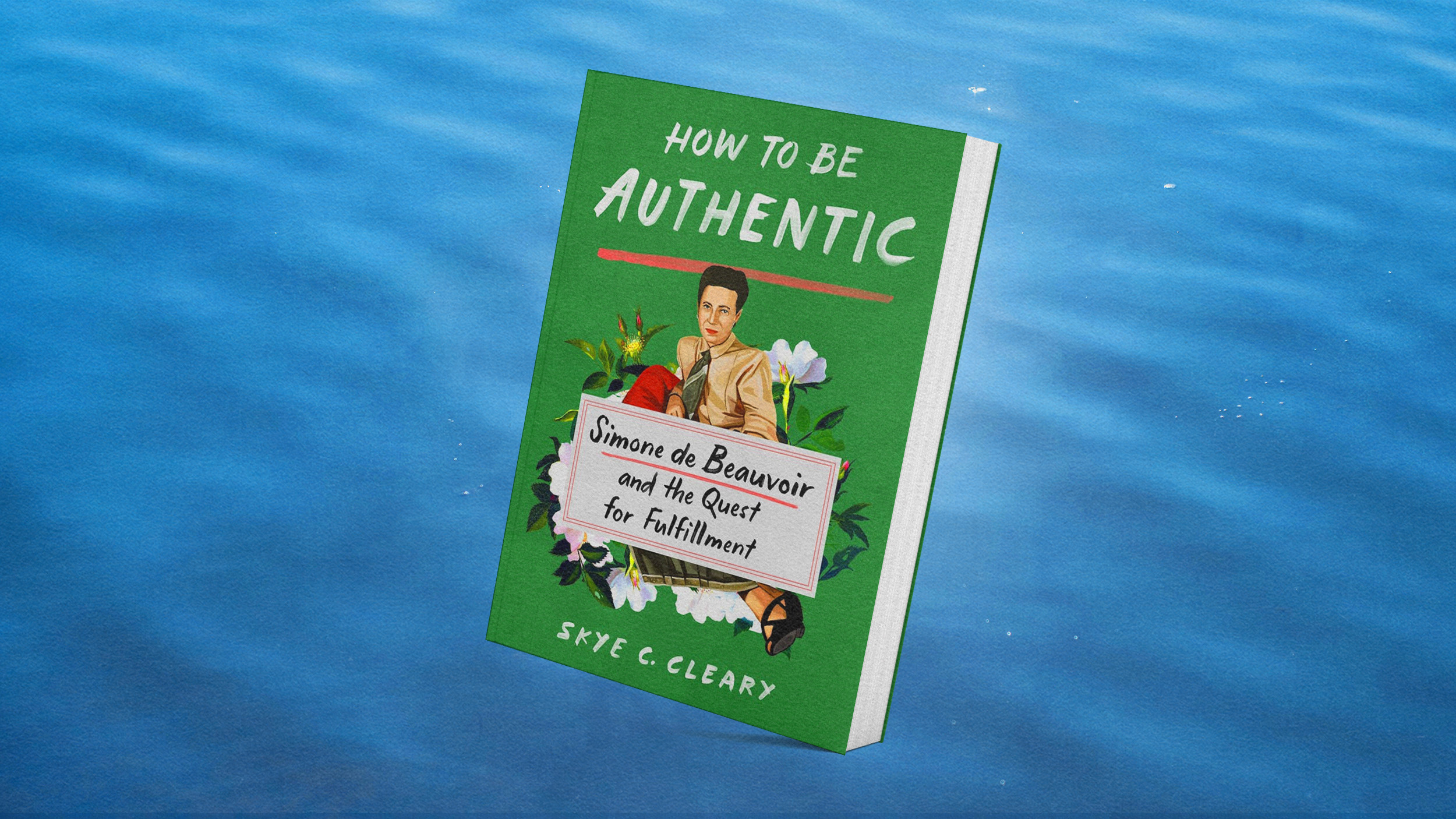Should we help prisoners kill themselves?

In 2013, an American prisoner fought for an execution: “for” not “against”. The question is whether we should have allowed him to commit suicide and/or receive help in doing so.
In Franklin County, Ohio, a convicted rapist is undergoing life imprisonment and, due the crime being rape, he is thus not eligible for capital punishment. However, the inmate, Ricardo Dodson, petitioned to have his punishment be capital rather than lifelong.
As he told the Columbus Dispatch: “I don’t want to stay alive just to die in prison. … I would like to be put to death.”
I’ve argued why capital punishment appears inherently problematic – but that is not the focus here.
The question is whether a bad individual – a convicted rapist – should be allowed to kill himself, using state resources and aid to do so. This would cut short his continual incarceration and, therefore, suffering.
We can safely assume Dodson is the rapist and, therefore, deserves the most severe form of punishment for his terrible crime. The measure of punishment is itself an important discussion: Why should punishment for murder be capital punishment (or “State-sponsored murder” if you’re feeling slightly dramatic), but rape life imprisonment?
Measures of punishment
There are good reasons to think rape is worse than murder and deserves severer punishment. For example, many rape victims have to live with the most horrific experience and face his or her entire life with various and continual suffering (victim-blaming, rape culture, etc.). A murder victim, however, is dead. Both of course also have third parties who suffer.
In terms of punishment, it’s not clear that life-imprisonment is less a punishment than execution.
John Stuart Mill, for example, referred to imprisonment as a “living tomb”, since all the things that make life worth living, all the things that really constitute being an alive person, are negated by imprisonment: your ability to pursue your greatest aspirations, your freedom of movement, your ability to engage meaningfully with others, etc.
Also, perpetrators (usually of such heinous crimes) face similar fates in prisons. As Christopher Glazek has highlighted in n+1:
The Justice Department now seems to be saying that prison rape accounted for the majority of all rapes committed in the US in 2008, likely making the United States the first country in the history of the world to count more rapes for men than for women.
This however might be slightly mistaken, as Jill Filipovic points out: for example, the notion of “inmates” Glazek used to make this conclusion includes both men and women.
Also, Fillpovic makes an important point regarding our perception of inmates:
However you cut the statistics, it is clear that men in the United States are sexually assaulted in enormous numbers – [they just happen to be] men we don’t care so much about, or that society has decided deserves it.
(In general, I do worry about our immediate dismissal of morality concerning prisoners, but by discussing issues like this in a serious manner, we are actually focused on proper moral matters.)
Life imprisonment could mean a lifetime of horrific offences: offences which the inmate himself did to another, except extended for his entire natural life.
Assuming this does happen – and happens frequently enough to lead to such statistics, even if slightly disputed – then we can say that life imprisonment is worse than capital punishment.
Thus, if rape is worse than murder, lifetime imprisonment worse than capital punishment, then it seems that life imprisonment is an appropriate punishment for a rapist.
Deserving Death
We should always be cautious of saying someone deserves death, since death could – as in this instance – be something that is less punishment than he deserves.
However, the way we treat our prisoners is often an indication of the society we live in. If we treat even those we despise the most with a measure of morality, then we are doing the entire world a good.
But being moral doesn’t mean being forgiving, nice, or any of those stereotypically “good” things. It might mean sacrificing one for the good of the many; it might mean zero exceptions to a given rule since that rule has consistently served society.
Here, it seems that by “keeping” Dodson alive, we are merely maintaining a more moral method of punishment – since capital punishment should not be in place at all – and it keeps punishing him, keeps making him suffer.
Furthermore, it conveys how we treat those who commit such horrible acts. It shows that, as a society, we take such people so seriously, we’ll deny them a way out – even death.
Denying death also has the advantage of rectifying itself. If we discover a prisoner is innocent of his crime, we can let him go. We can make up for it. A falsely-convicted murderer will be put do death: if we discover that we were wrong, there’s little we can do, no justice has actually been served. The real murderer is still on the loose.
Thus, if nothing else than maintaining no closed-door policies on punishment (inability to rectify mistakes), conveying the seriousness with which we take such crimes, we perhaps should deny Dodson his wish.
The question though is: What if Dodson commits suicide himself?
We might end up with a paralysed inmate, one who would cost more to maintain. One who is no longer punished. Would it not be better to simply kill him effectively than allow him opportunity to do so ineffectively?
If there’s evidence to suggest Dodson will stop at nothing to kill himself, perhaps we can slightly alter our conclusion. But it seems unpersuasive and insufficient on its own: just because someone is determined to do something, doesn’t mean we should aid him in achieving it. It has to be shown that such a mess will cost us more.
We should always be concerned about reaching a conclusion that involves someone suffering – since that conclusion might be used against us. And, as indicated, we need to be worried about societies that willingly perpetuate suffering.
Though I do think
1. Dodson should be denied, that it’s an indication that he is facing proper punishment for his horrid crime (and will hopefully try instil the seriousness with which we take rape cases in general),
2. that it maintains the ability to rectify mistakes in future and current cases should they have occurred,
it may simply be that I’ve not encountered a strong enough argument in favour of allowing Dodson to die.
UPDATE: Thanks for Tricia Duncan on Facebook for pointing out my idiot error of using “legible” when I meant “eligible”. Corrected.
Image Credit: angelo gilardelli / Shutterstock





